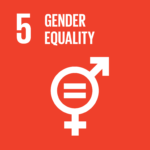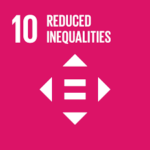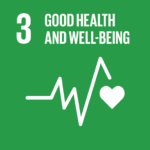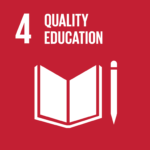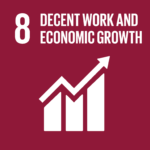Through the intentional efforts of EIC Jack Gilbert to balance gender representation, the ASM journal mSystems is proud to announce that it has made significant progress toward gender parity on its Board of Editors for the term starting in July 2024. 49.2% of mSystems Editors identify as women, up from 39.8% in the previous term year. Representation matters. We hope this leads to more woman submitting to and publishing in mSystems.
Relevant SDG’s
